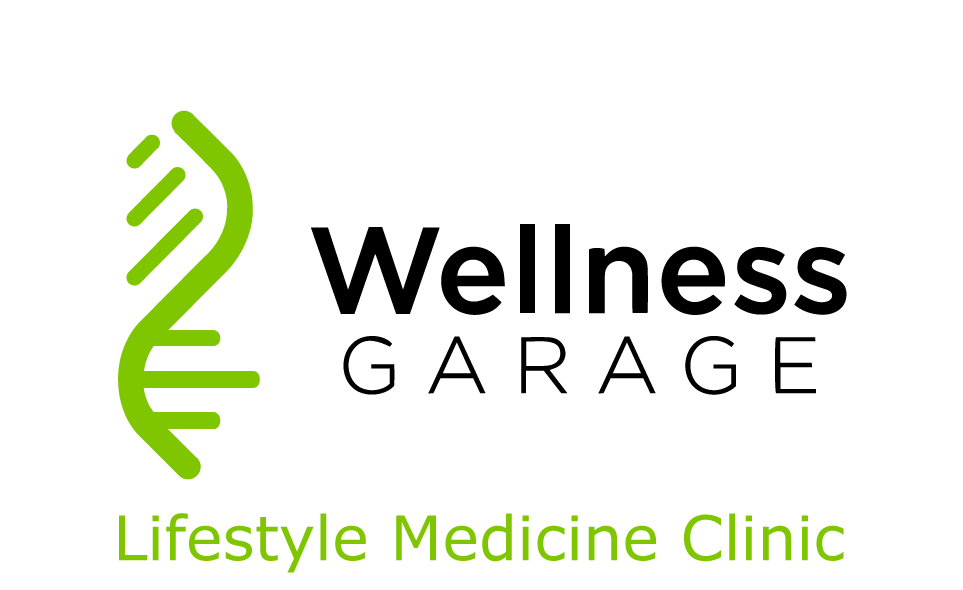|
For people trying to maintain optimal health, there is a central paradox when it comes to heart disease:
The only logical resolution for this paradox is that we all need to develop a strategy to manage the 9 risk factors that account for 90% of the risk. But what about genetics? We have known for many years (at least since 1938) that there are familial risk factors and evidence from twins and large prospective trials confirmed that genetic risk for heart disease is significant.
Since 2007 - more than 50 independent genetic variations have been identified as being associated with the risk of coronary artery disease. These risk alleles, when aggregated into a polygenic risk score, are predictive of incident coronary events and provide a continuous and quantitative measure of genetic susceptibility. Many observers assume that a genetic predisposition to coronary artery disease is deterministic. However, a recent study in the NEJM shows that genetic risk is modified by a favorable lifestyle. This study compared a polygenic risk score across 50 different genetic variations (SNP’s) with a lifestyle behaviour score across four different healthy lifestyle metrics: no current smoking, no obesity (BMI<30), physical activity at least once per week and a healthy diet pattern. They made this comparison across four different populations:
In total 55,685 were studied across these four populations. Here is what they found, when comparing genetic risk and lifestyle factors:
This last point really drives home why everyone should work to modify these risks - everyone can reduce their risk of heart disease. Like many complex chronic diseases coronary artery disease involves an interplay between genetics and lifestyle and while we cannot yet change our genes, we absolutely can change our lifestyle. Adopting a strategy to reduce risk of heart disease starts with an assessment of your current lifestyle and risk. Our Precision Health Tune Up’s start with a Comprehensive Lifestyle Medical Assessment, where we review your key biomarkers, medical history and lifestyle behaviours known to impact health. Included in this is a full cardiovascular risk assessment, along with recommendations for change, additional investigations and or follow-up. From the medical assessment, our team can help you implement the recommendations through a TARGET Nutrition Plan, a TARGET Fitness Plan or a Comprehensive Plan encompassing both nutrition and fitness. Finally a plan is only as good as its implementation, and here our six month digital coaching program (myhealthjourney.ca) and team-based support will help you get started, make the changes and fine tune your strategy. |
AuthorDr. Brendan Byrne Categories
All
|

 RSS Feed
RSS Feed
